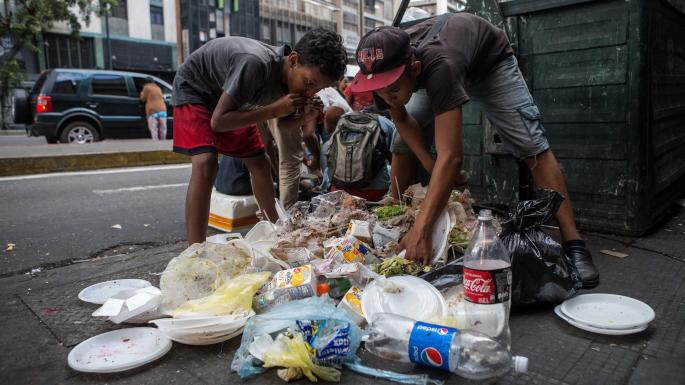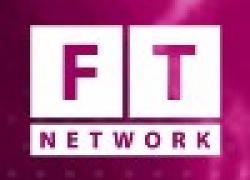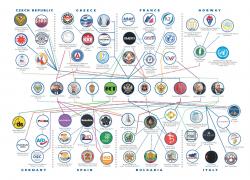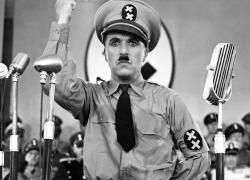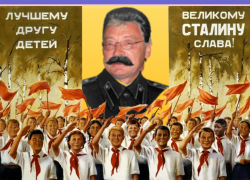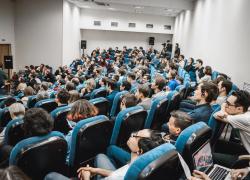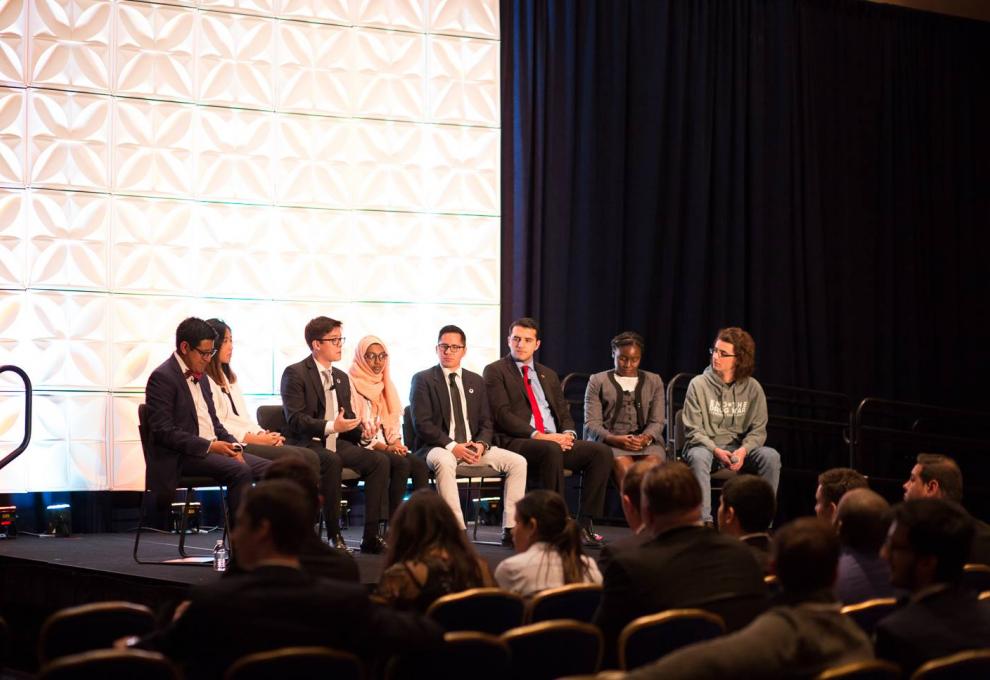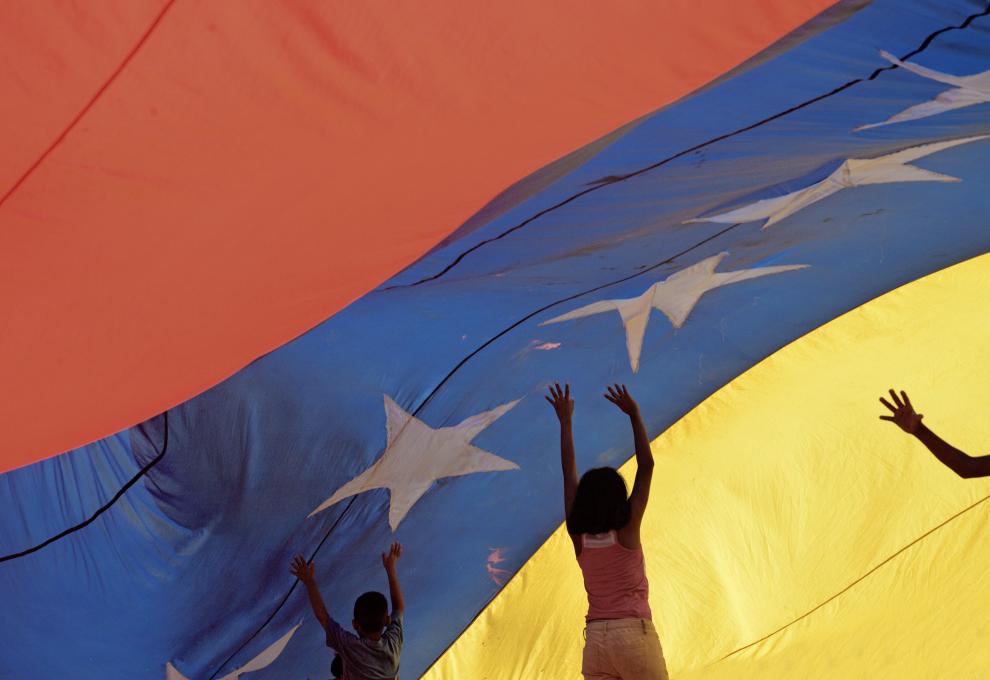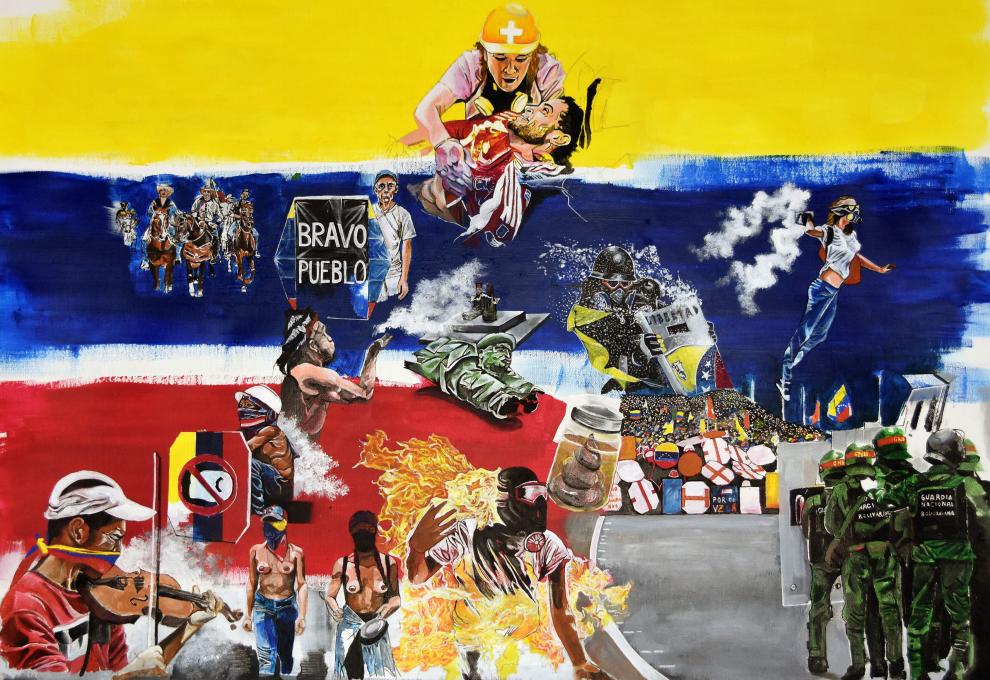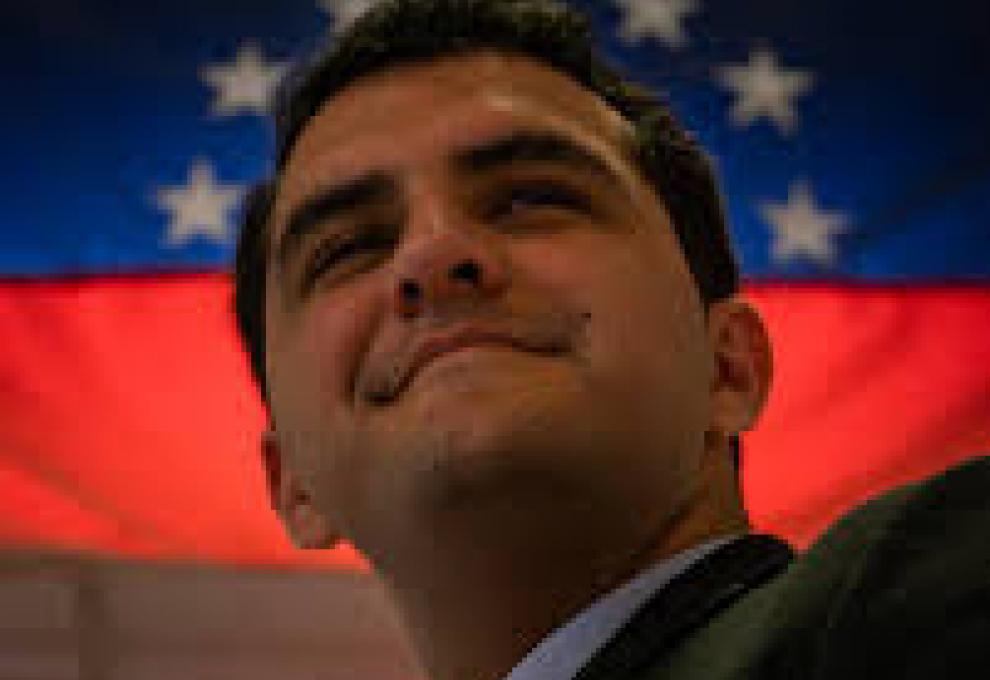Foreign Aid is Not the Solution for Venezuela
While the UN World Food Programme will help hundreds of thousands of Venezuelans in need, one has to remember that a true economic recovery is only possible after a political transition to democracy is achieved in Venezuela.
This month, the United Nations and the Venezuelan government of Nicolas Maduro reached an agreement to supply foreign aid into the country. The deal consists of supplying food to school children in Venezuela through the United Nations’ World Food Programme (WFP).
The agreement has been widely praised within and beyond the country, especially because of its scope. The program aims to supply food to 185,000 children in 2021, and roughly 1.5 million children by the end of the 2022-2023 academic year.
Major diplomatic delegations called the program a success. For instance, the British Embassy in Venezuela called the agreement “an important example of positive dialogue and a key step in tackling the humanitarian crisis and food insecurity in Venezuela.”
Similarly, think tanks like the Crisis Group and The Washington Office for Latin America (WOLA) applauded the agreement.
“This is a step in the right direction towards addressing the country’s dire food insecurity,” Crisis Group said.
However, I have a slightly different view on this achievement.
Mitigating vs. Solving a Problem
No one can deny the importance and value of the program. According to the same UN, there are roughly eight million Venezuelans in urgent need of food supply, many of them children who don’t deserve the difficult situation they are going through. For this reason, I applaud the UN for formulating the initiative and lobbying for its implementation not only in Venezuela but also in other places with millions of people in need.
Yet, I cannot avoid talking about an uncomfortable truth: that the program will only help in the alleviation of the problem, not in its resolution. In the sense that unless a political change occurs in Venezuela, the Venezuelan people will continue to see their economic conditions worsen by the day, as an economic recovery is not possible with Maduro in power.
This is the problem with trying to solve global poverty through foreign aid. Because, if the political and economic institutions of the country are not transformed for the better, then the people of these countries will forever be condemned to government handouts and remittances from friends abroad.
Hence, the only way to truly help these people is by working so that the institutions of their countries become more suited to the process of economic development, which can only be achieved by allowing markets to operate freely, people to work productively, and overall, by having economies that reward economic productivity rather than political servitude.
In this sense, I am also worried about the message that the international community is signaling with this agreement between the United Nations and the Maduro regime. They are basically saying that they are willing to cooperate with the regime, basically assuming that a political transition in the country is not feasible and that the best they can do is to mitigate the detrimental conditions that the Venezuelan people are experiencing as a result of the socialist policies of the Maduro regime.
For these reasons, I would like to finish this article by reminding everyone that we have a responsibility with the Venezuelan people, that a food program (despite its positive effect) will not help the Venezuelan people in their quest for freedom and democracy, and that a true economic recovery depends in our ability to achieve a peaceful, democratic, and constitutional transition in Venezuela.
Jorge Jraissati is the president of the Venezuelan Alliance. Graduated at the Wilkes Honors College, Jorge is an economist, political leader, and a fellow at the Abigail Adams Institute. Jorge has been invited as a guest lecturer to over 20 universities, such as Harvard, NYU, and Cambridge.

